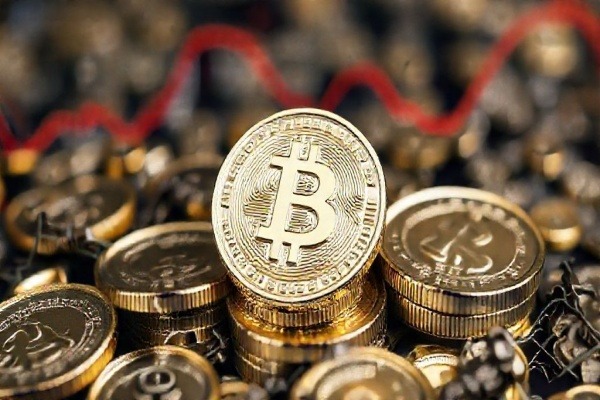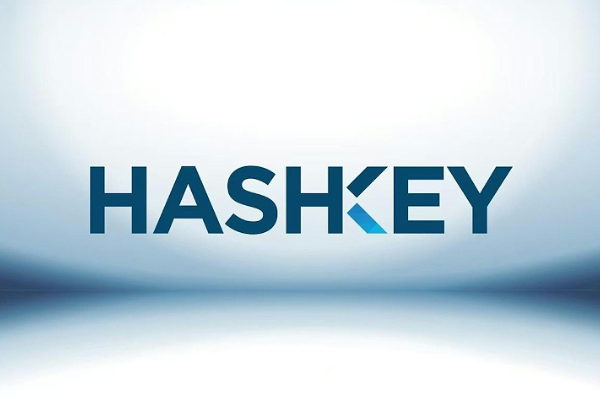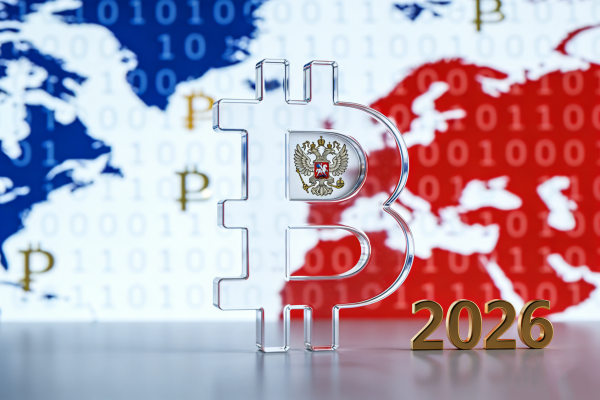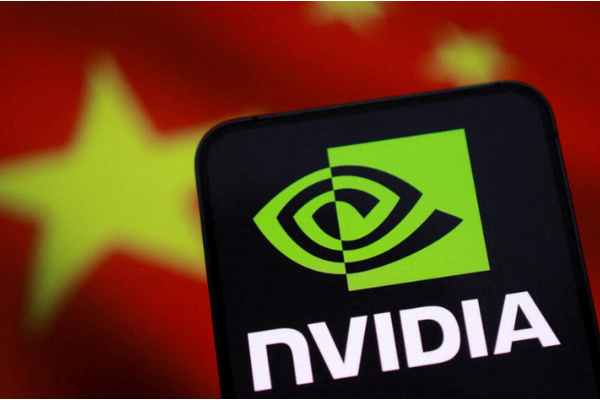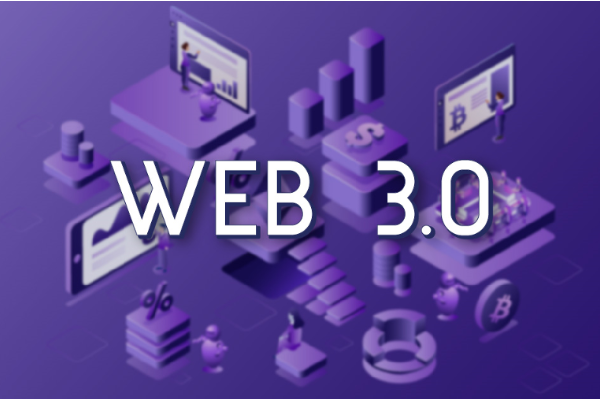The Evolution of Robinhood: A Strategic Transition from a “Zero Commission Broker” to a “Crypto Financial Operating System”
At the end of June 2025, a press conference was held in Cannes, France, which was low-key on the surface but far-reaching in reality. Robinhood, an American brokerage firm that once became famous in the GameStop retail storm, chose this small city on the Mediterranean coast to submit its next-stage strategic declaration to the world: launching tokenized US stock products, entering the perpetual contract market, opening up crypto pledge functions, launching self-built Layer 2 blockchain, and fully entering the European market. This series of actions not only reshaped Robinhood's own positioning, but also sparked widespread discussion in the global financial technology and crypto asset industry.
1. Major upgrade: tokenized US stocks + perpetual contracts + on-chain financial services
Robinhood's new strategy can be summarized as a "trinity":
Tokenized US stocks: For EU users, Robinhood now supports token trading of more than 200 US stocks and ETFs. These "stock tokens" are backed 1:1 by real stocks held by regulated entities, run on the Arbitrum chain, support 24-hour, 5-day non-stop trading, and users can receive dividends, but have no voting rights. Officials said that in the future, it will be expanded to non-listed company shares (such as SpaceX, OpenAI, etc.) and migrated to the self-built Layer 2 network.
Crypto derivatives trading: Robinhood launched perpetual futures contract trading and took the lead in launching Bitcoin contracts. It will be expanded to mainstream crypto assets in the future to provide compliance options for users who want to perform high-frequency or leveraged operations.
Crypto pledge and incentive mechanism: Launch ETH and SOL pledge functions for US users, and pilot "2% crypto recharge rewards", similar to traditional bank cash back. The mechanism aims to expand Robinhood's crypto user base and enhance user stickiness.
All this indicates that Robinhood is no longer satisfied with providing a stock trading app, but wants to build itself into a crypto-driven global financial operating system.
2. Industry shock: Robinhood sets off a competition for on-chain securitization
This round of strategic deployment by Robinhood has triggered heated discussions at the industry level, mainly focusing on the following directions:
1. Has the prototype of on-chain Nasdaq appeared?
Robinhood's tokenized stock model is regarded by many experts in the crypto field as a pioneer of the "on-chain securities market". Unlike previous short-lived attempts at securities tokens (such as Binance's termination due to regulatory pressure after a brief trial in 2021), Robinhood not only chose Europe as the starting point to bypass US regulatory resistance, but also adopted a clear path of compliant asset custody, on-chain issuance, and on-chain settlement.
Hayden Adams, co-founder of Uniswap, commented: "If Robinhood opens the interoperability of the stock token protocol, it will have the ability to redefine the boundaries between CeFi and DeFi."
2. Vigilance of US regulation and traditional financial institutions
At present, the US SEC has not yet expressed its position on Robinhood's stock tokenization, but the market generally believes that this move will trigger regulatory games to a certain extent. Although Robinhood's tokens do not include voting rights and control rights, their liquidity and settlement methods are highly overlapped with securities. Once the scale is large, they may be included in the regulatory scope of "securities issuance".
At the same time, traditional exchanges and brokerages such as Nasdaq and TD Ameritrade are also paying attention to the possible substitution risks brought by this model. Some analysts believe that Robinhood's "border breakthrough" is expected to force traditional financial institutions to accelerate the deployment of Web3.
3. Reignite the RWA (real assets on the chain) concept boom
Robinhood's path injects new catalysts into the field of asset tokenization (Real World Asset, RWA). Unlike the traditional practice of focusing only on on-chain mapping such as bonds and real estate, Robinhood has opened up a new direction - the tokenization path of mass investment assets (stocks), which may become the core track for the future RWA scale explosion.
4. Pressure and inspiration on peers
Coinbase, eToro, Revolut and other similar platforms have also explored the encryption + stock integration model in the past few years, but generally remain at the "account integration" level rather than "on-chain issuance". Robinhood has completely moved off-chain assets onto the chain, making a qualitative leap.
Binance briefly launched Tesla and Coinbase stock tokens in 2021, but eventually canceled them due to regulatory pressure. In contrast, Robinhood is more mature in terms of technology, regulation, and market selection. Industry insiders generally believe that Kraken, Bitfinex, and even some emerging European platforms may reactivate tokenized securities product lines.
3. Corporate strategic transformation: from retail tools to global on-chain financial platforms
Since its IPO in 2021, Robinhood has long been labeled as a "retail app". After the GameStop incident, it carried the halo of a "zero commission revolutionary", but was also criticized for suspension of trading, compliance pressure and a single revenue model. Today, its positioning is undergoing a fundamental change:
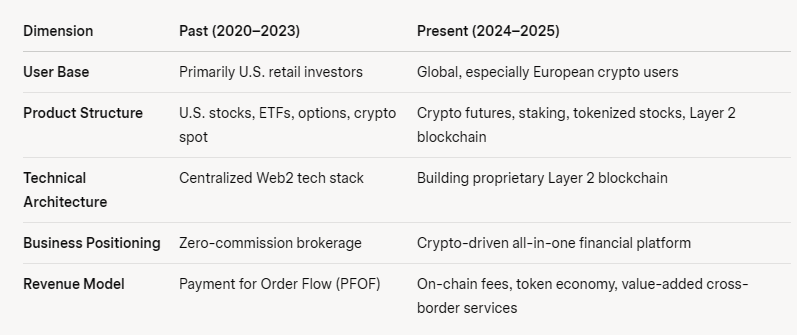
This transformation not only won Robinhood recognition from the capital market (the stock price soared 12% on the day of release, setting a record high), but also means that it will upgrade from the "end trading entrance" of the traditional brokerage platform to a "digital financial infrastructure provider" that controls the entire chain of issuance, settlement, and clearing.
4. Who will lead the new direction of decentralized finance?
In the past five years, "how to connect the crypto world to the real world" has always been the most difficult problem for DeFi and Web3. The path that Robinhood has taken this time may become a feasible solution: using the compliance framework as the shell, the blockchain as the body, and the financial services as the heart, traditional assets are moved onto the chain, and ordinary users can enjoy the efficiency and freedom brought by on-chain settlement without having to understand wallets, private keys, and gas fees.
Against the backdrop of the continued rise of global RWA, stablecoins, and on-chain settlement, Robinhood is standing at the forefront of the trend. Perhaps not everyone can foresee that this company is reshaping the underlying structure of future finance. But at this moment, it is no longer just a brokerage, but a candidate for on-chain financial infrastructure.

